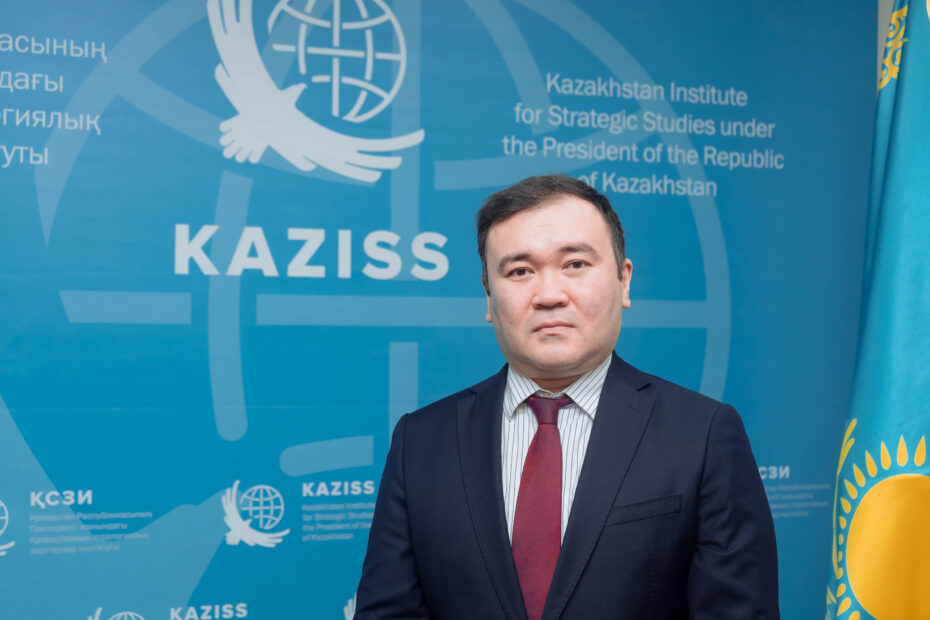Last week, the Head of State made an official visit to Germany, during which he held meetings and negotiations with the country’s leadership and representatives of business circles.
The negotiation covered a wide range of issues in bilateral relations. The main topics of discussion were the cooperation issues in the energy sector and transport logistics. Germany is the leading locomotive of the EU economy, and the development of relations with this country has always been one of the central foreign policy priorities of our republic in the European direction for more than 30 years.
Germany imports raw materials from Kazakhstan that support the operation of German refineries through the Druzhba pipeline. Kazakhstan oil, on the one hand, is not a panacea for the German energy system, but on the other hand, it plays a critical role in ensuring diversification of black gold supplies.
In a joint press statement by the leadership of the two countries, K.K. Tokayev noted that at Berlin’s request, Astana is ready to increase pipeline oil supplies. Such a statement is in line with the rational and pragmatic strategy of Kazakhstan due to the long-term benefits for the main beneficiaries of the “Druzhba” between Kazakhstan and Germany.
The parties discussed opportunities to diversify trade routes. The importance of the Middle Corridor is growing against the backdrop of current trends in low-carbon cooperation between Europe and Asia. Kazakhstan has opportunities to become one of the main suppliers of green hydrogen to the EU and a key Eurasian transit hub.
Taking into account the dynamics of hydrogen energy industry development and transformation of the network transport infrastructure in Europe, the Middle Corridor has the potential to become a “green” route along which anchor investment projects can be realized. In this regard, within the framework of meetings with representatives of business circles, the possibilities of Kazakh-German cooperation in transport and logistics were discussed. It can open new horizons for multifaceted cooperation in trade and economic sphere.
In addition, the Head of State also participated in The Germany – Central Asia summit, where issues of trade and economic cooperation and transport logistics at the multilateral level were discussed. The format will give practical and substantive impetus to the “Central Asia – European Union” dialogue.
It is important to note that Kazakhstan adheres to its multi-vector foreign policy, and the Germany – Central Asia format was another opportunity to demonstrate this. The Germany – Central Asia Summit complements a number of proactive “Central Asia+” dialogues with all leading countries.
K.K. Tokayev drew the attention of the meeting participants to the fact that the region acts as a “strategic center” in Eurasia, which opens up new prospects for interregional cooperation. In addition, we should talk about opportunities for the development of trade and economic relations within the region.
Another important element of the Head of State’s visit to Germany was the exchange of views on the current geopolitical situation. During the meetings, the President of Kazakhstan made it clear that our country is not an antagonist of Russia, and current issues in the system of international relations require rationality and diplomatic diligence. At the same time, our country is in favor of barrier-free trade with all interested countries, and at the same time follows the sanctions regime. Taking into account all the statements made by K.K. Tokayev in Germany, Kazakhstan is truly committed to the idea of steadfastness and sustainability of a multi-vector foreign policy and compliance with the UN Charter.

